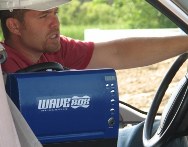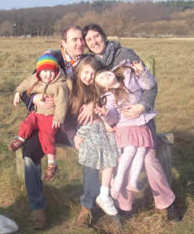It was obvious from the start that the Copenhagen climate conference was doomed.
World leaders were trying to square an impossible circle. They had to reduce carbon emissions whilst paying off the crippling debts incurred by Western financial institutions during the asset bubble of the past few years.
The only solution that would have led to an agreement in Copenhagen would also have caused riots in Washington, Paris, London, Berlin and Tokyo. The problem comes from an inability to level with the public as to exactly what has to be done to get a grip on pollution.
For carbon emissions to fall, energy use has to fall and for that to happen, either the population has to fall or GDP per capita has to fall (see our earlier article on this subject – https://off-grid.net/2009/11/12/scrap-carbon-targets-–-they’re-pointless/).
There is no chance of the population falling, unless H1N1 comes to the politician’s rescue. And that means GDP has to fall, which entails a shrinking economy. This in itself is no bad thing after decades of growth.
Auto Amazon Links: No products found.
…


 An off-grid Community in the UK has been awarded £350,000 of central government money to help it spread its low-carbon lifestyle to families across the country.
An off-grid Community in the UK has been awarded £350,000 of central government money to help it spread its low-carbon lifestyle to families across the country. New York’s first solar-powered electric vehicle (EV) charging station is open for business.
New York’s first solar-powered electric vehicle (EV) charging station is open for business.